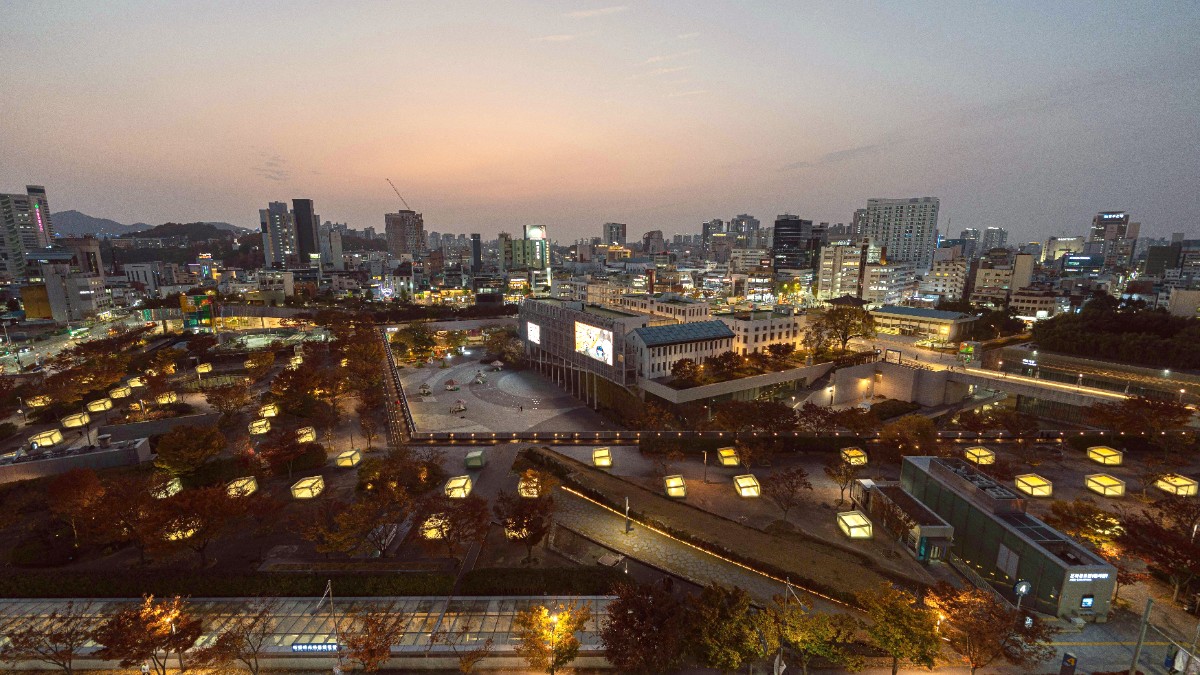
Jeollanam Do, South Korea
Gwangju's urban transport system is efficient and affordable, making travel within the city easy. The T-Money card is for seamless subway and bus rides. Intercity connections are well-developed, offering choices between high-speed trains and economical buses.
Consider your budget level for daily expenses, from hostel stays and street food to luxury hotels and fine dining. Tipping is not customary in South Korea, simplifying transactions.
Approx. ₩50,000 - ₩80,000 per day. Hostel, street food, public transport.
Approx. ₩100,000 - ₩180,000 per day. Mid-range hotel, local restaurants, some taxis.
From ₩250,000+ per day. 4-5 star hotel, fine dining, private transport.
Six months beyond departure date.
Printed/digital copy necessary.
International Driving Permit with domestic license.
Keep physical and digital copies.
Gwangju's four distinct seasons mean varying clothing needs. Layering is a good strategy. Footwear choice depends on your activities, with comfort as a main focus.
A Travel neck pillow and Eye mask and earplugs for long journeys.
A Small padlock, Money belt or Secure travel wallet for valuables.
A reusable water bottle (Filtered water bottle if preferred) and Reusable shopping bag.
Most international travelers arrive via Incheon International Airport (ICN). Direct flights to Gwangju Airport (KWJ) are domestic. Various efficient transfer options exist from all major airports to Gwangju.
High-speed rail network connects Gwangju-Songjeong Station to major cities (Seoul, Busan, Daejeon).
Gwangju U-Square Bus Terminal is a major hub with frequent routes across the country.
Kobus or EasyTicket
Requires International Driving Permit (IDP) and domestic license. Excellent road conditions. DiscoverCars.com for bookings.
Minimum age applies.
With these practical details, your visit to Gwangju can be seamless and enriching.
Embrace the city of light and its culture with confidence.